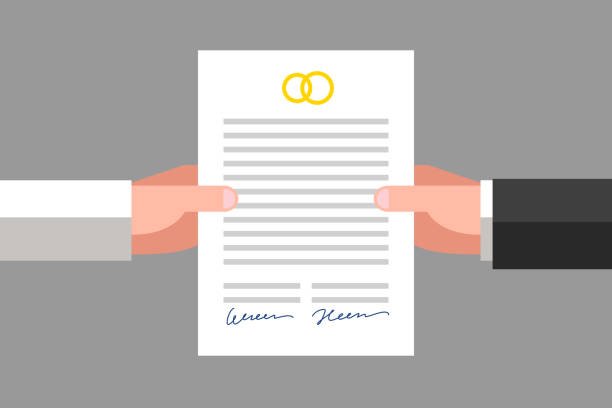If you have a legal dispute with someone else, whether a family dispute, or involving a contract or consumer issue, litigation is best avoided if possible. Going to court can be expensive, extremely stressful, and take a long time. Alternatives to going to court are negotiating a settlement – and alternative dispute resolution such as mediation.
What is mediation in Spain?
Mediation is the most common form of alternative dispute resolution. Mediation is a process where an independent, impartial mediator is appointed to help the parties come to an agreement. The mediator will help you listen to each other, to discuss the issues, and encourage you to negotiate a settlement. Mediation does not, however, guarantee any resolution or settlement. It will be up to you and the other party to decide whether you will enter into a mutually agreement settlement agreement.
Most importantly, both parties must agree to mediation. One party cannot force the other to enter into the mediation process. If one party does not want to go to mediation, you will have to either try to settle the dispute or go to court.
When is mediation not appropriate?
Though many contractual parties are required to enter mediation in the event of a dispute under a mediation clause in the contract, mediation is not always appropriate. For instance, if either party does not have the legal right to enter into an agreement to mediate; if you need immediate injunctive relief; or if the constitutional rights of one of the parties are affected; or if there is no genuine commitment to resolve a dispute, mediation will not be available.
Who is the mediator?
If you and the other side agree to enter mediation, you need to appoint a suitable independent mediator. It is important to consider their experience, expertise and professional background as you will need a mediator who understands the subject matter at issue. Mediators are often lawyers, but may be otherwise trained at mediators.
The mediator will typically be protected against breach of contract or negligence by an exclusion of liability clause in a mediation contract. After the appointment of an independent mediator, you and the other party to the dispute will be required to enter into a mediation contract with a mediator. The mediator will usually be asked to keep all the information confidential.
What is the mediation process?
At the start of the mediation process, the parties should agree on some sort of structure or framework that mediation should follow, including an appropriate timetable. A suitable venue should be chosen, preferably a neutral place. There should be a sufficient number of rooms available for each party to discuss the issues in private and in confidence.
If a dispute is complex, the parties will need to agree on some directions before the mediation starts. For instance, each party may be required to prepare and submit a form of ‘statements of case’ to the mediator so that the mediator has advance notice of each party’s position.
The parties may also be required to prepare a bundle of relevant documents to be disclosed to the mediator, and to each other, before mediation commences. The parties should then decide who will attend the mediation (eg. the representatives of each party).
What is the outcome of mediation?
The outcome of the mediation may be a full or a partial settlement – or one or both of the parties (or even the mediator) can terminate the mediation. If mediation is unsuccessful, the parties can then go to court.
If a full resolution is reached, a settlement agreement will be drawn up. Generally, this is drafted by a lawyer but can be done by a mediator. If the settlement was only partial, a settlement agreement will be drawn up, but only in relation to those resolved and settled matters.
How is a settlement agreement enforced?
A settlement agreement can only be enforced if the parties enter into a legally binding agreement. The remedies will be for breach of contract. If the agreement was only oral, it would be necessary to look at the intention of the parties. For this reason, the mediation contract should make it clear that the parties intend to be bound by any settlement agreement following the mediation.
For more information about the use of mediation in Spain, visit: https://e-justice.europa.eu/64/EN/mediation_in_eu_countries?SPAIN&member=1
For more about family mediation in Spain, visit this very helpful site: https://patriciamaguet.com/en/family-mediation-in-barcelona/
For details about the difference in roles of a Mediator and a Lawyer, visit our article on “What is the role of a Lawyer” at https://buenosabogados.es/what-to-expect-when-using-a-lawyer/










